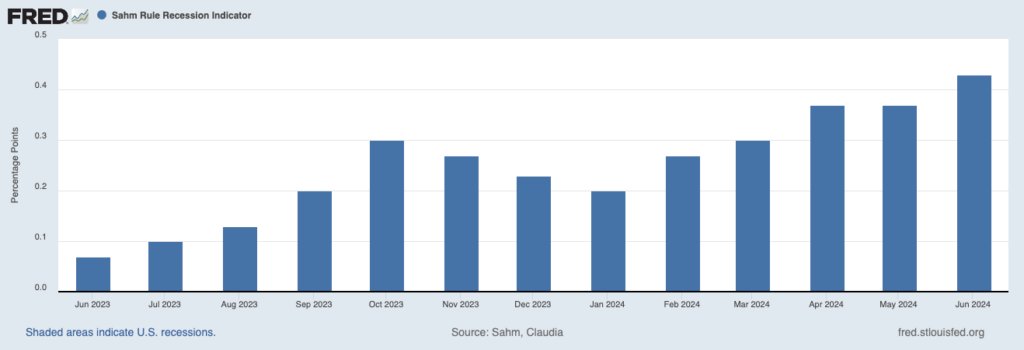(An oped at Globe and Mail with Jon Hartley)
Finance Minister Chrystia Freeland not too long ago introduced that the federal government of Canada will now not concern inflation-protected “actual return” bonds. A kerfuffle erupted.
The federal government could want to keep away from inflation-protected bonds, as a result of it thinks inflation will get rather a lot worse than markets do. However betting in markets shouldn’t be a accountable technique.
If the federal government received’t do it, firms, banks and monetary establishments ought to concern these bonds themselves fairly than simply complain. Not each asset have to be offered by the federal government.
Actual return bonds regulate each principal and curiosity for inflation. If inflation goes up, you get extra money again. Good. However when everybody expects inflation, you pay a commensurately increased value forward of time.
With 5-per-cent inflation, say, an actual return bond would possibly pay 1 per cent, so that you get 6 per cent after inflation adjustment; however a daily bond can pay one thing like 6 per cent already. Like every thing in finance, it’s actually about threat: Actual return bonds defend in opposition to the chance that inflation will end up worse than bond markets anticipate. Common bonds have misplaced 11 per cent of their actual worth since January, 2021, due to inflation that markets didn’t anticipate. Those that purchased actual return bonds had been shielded from this threat.
Because of this, long-term actual return bonds are very helpful, and must be extra standard than they’re. They’ll present a gentle stream of actual funds immune from inflation or rate of interest threat. As such, they will make a really perfect element of any long-term portfolio, resembling a retirement portfolio or an endowment. So, complain the members of the Canadian Mounted-Earnings Discussion board and different Canadian pension managers, it’s a large mistake for the federal government to cease offering this handy asset. Good level.
The federal government solutions that the bonds should not “liquid,” which means you may’t all the time promote them shortly at value. However why does the federal government care about liquidity? The purpose of bonds to the federal government is to boost income at price, and the purpose of long-term actual return bonds to the investor is exactly to stay off the coupons and to not commerce them actively. Furthermore, if liquidity is a matter, the federal government can simply enhance it by issuing perpetuals and simplifying the bonds’ tax remedy.
So why cease issuing actual return bonds? The federal government could suspect that inflation will go up much more, and it’ll then must pay extra to bondholders. Non-indexed debt may be inflated away if the fiscal scenario worsens. The cumulative 11-per-cent inflation since January, 2021, has inflated away 11 per cent of the debt already. Argentines have seen much more.
However issuing listed debt is smart if the federal government plans to be accountable. Tax funds and price range prices rise with inflation, and fall with disinflation, so the price range is stabilized if inflation-indexed bond funds do the identical. And issuing listed debt that may’t be inflated away is an efficient incentive to not flip round and inflate debt away.
Listed debt can also be a really helpful sign, because it provides a market-based measure of inflation expectations.
If the federal government received’t do it, nevertheless, there isn’t any cause that the federal government’s critics can’t concern them. Corporations can concern actual return bonds, as they already concern U.S. greenback bonds. Banks can supply actual return accounts and certificates of deposit.
If the federal government steps out of the market, there’s all of the extra demand for personal issuers to step in. Pension funds determined to exchange vanishing inflation-indexed authorities bonds are pure shoppers. Firm earnings rise and fall with inflation, in order that they have a pure incentive to concern bonds whose funds rise and fall with inflation. Even mortgage charges might rise and fall with an index of wages.
Why not? Broadly, this reluctance appears yet one more symptom of an overleveraged, overregulated, government-dependent and never very aggressive or revolutionary banking and monetary system. Banks and different monetary establishments solely wish to concern or broaden a brand new product if they will shortly lay off the chance onto the federal government, and earn regular charges. The mannequin of issuing fairness to bear threat after which providing a worthwhile revolutionary product to customers is simply too out of vogue.
Deliver on the actual return bonds. And if authorities received’t do it, make your individual.

